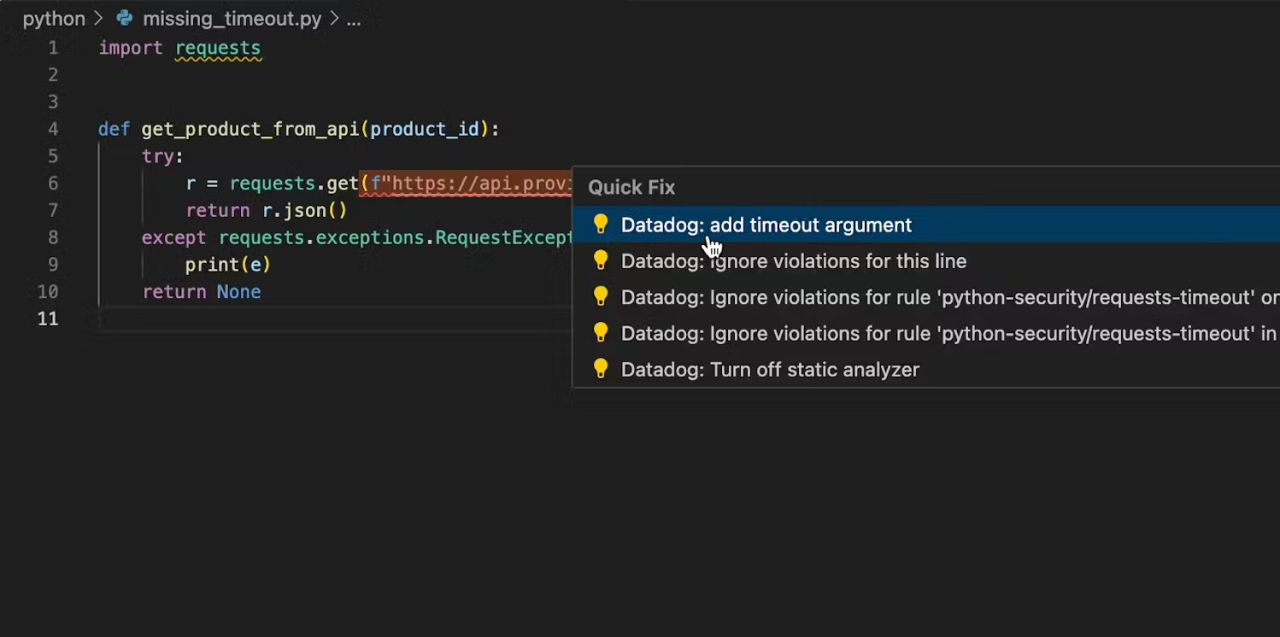scoreify
Started March 2025
A fast, modern audio-matching algorithm for instrumental pieces.
As a classically-trained violinist, I've consistently ran into
the problem of hearing pieces in public or around Spotify, and
not knowing what they are. I can usually remember a significant
melody or key/tonality (search up relative pitch, this is
fascinating!), but I can't remember the name of the piece. This
is where scoreify comes in!
Scoreify is a command line application (hopefully soon to
incorporate a GUI) that takes in a live audio recording or
violin track being played by me, and attempts to identify a
piece based on what I'm playing. It uses a combination of
machine learning and music theory to identify the key, tonality,
and tempo variance/range in order to create a running score of
what's being played, and then compares that to a database of
known pieces to identify the piece. The goal is to be able to
take 15-20 seconds of violin playing, and narrow it down to
potentially the violin 1 part of a famous orchestral piece, or a
solo violin piece, which would be more trivial.
Shazam is a great reference for this project, and their original
audio-matching algorithm thesis is something I hope to
incorporate into the project to get a baseline matching
algorithm going. Shazam utilizes a fast fourier-transform (FFT)
to convert audio into a frequency domain, and then uses a hash
table to match the frequency domain to a database of known
songs. I hope to use a similar approach, but with a more
music-theory based approach to narrow down the search space.
For now, the language of choice is Rust, but I'm looking to
potentially change to C++ due to the low amounts of audio
libraries in Rust. I'm also looking to incorporate a GUI, and
potentially a web-based application to make it more accessible.
Learn more »
Datadog Static Analyzer
Started on January 2025

Datadog's Code Security product utilizes a low-level development
stack to effectively parse and analyze code for security
vulnerabilities. The static analyzer is a key component of this
product, and is responsible for parsing code, identifying
vulnerabilities, and providing remediation advice to developers.
The static analyzer is written in Rust, and is designed to be
fast, efficient, and scalable. It is also designed to be highly
configurable, allowing users to customize the analysis process
to suit their specific needs.
As an intern on this project, I am contributing to this project
as part of my day-to-day responsibilities of being a software
engineering intern at Datadog.
Learn more »
